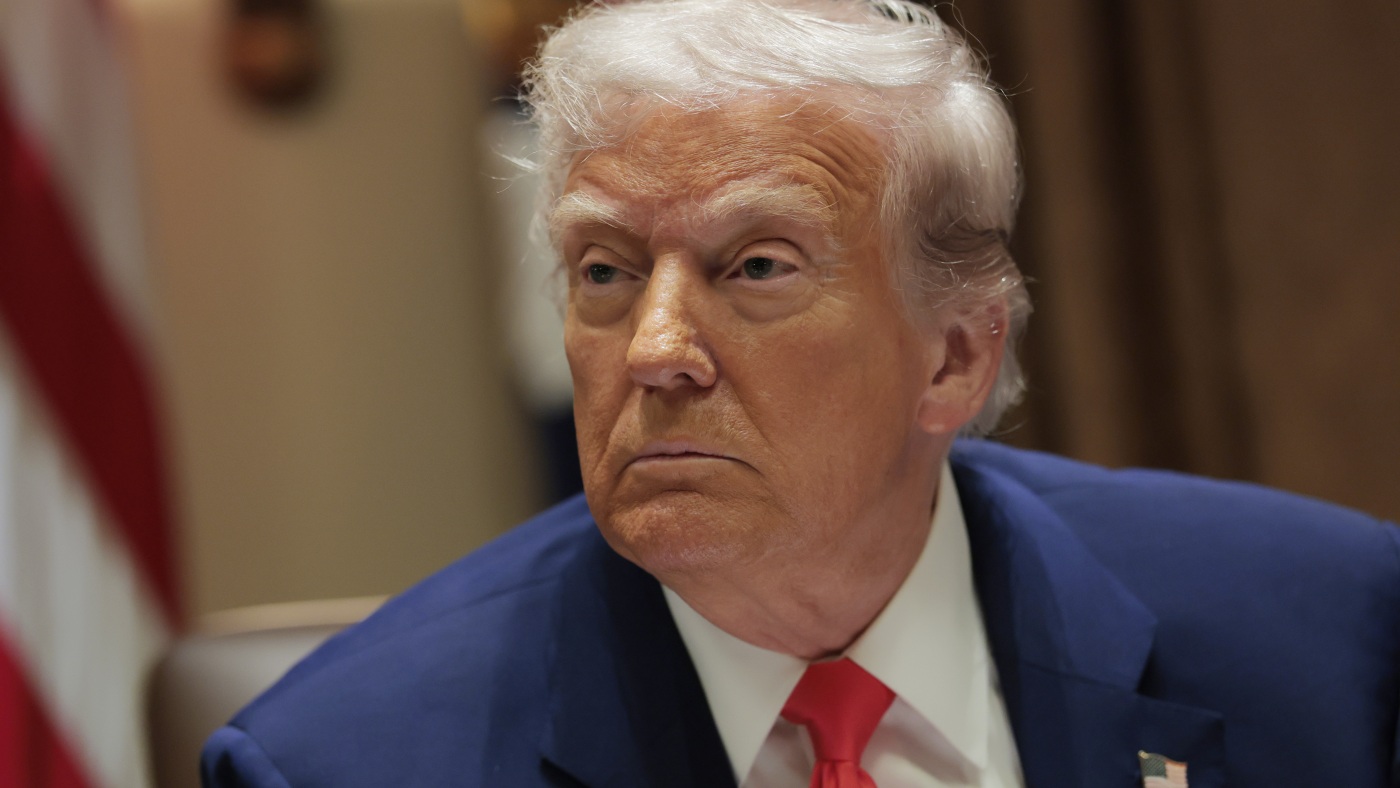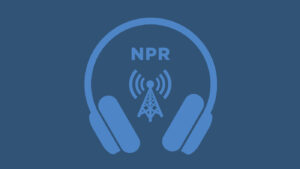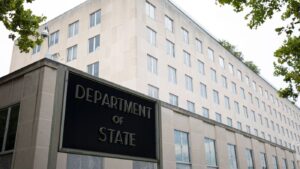University Leaders Challenge Administration’s Approach to Antisemitism
The Trump administration’s recent actions against prestigious universities have sparked controversy, with accusations of using antisemitism as a pretext for political maneuvers. Wesleyan University’s President Michael Roth has been vocal about his disapproval, suggesting that the government is leveraging the issue to suppress academic freedom.
Amidst tensions, President Donald Trump has threatened to revoke the tax-exempt status of Harvard University. This move follows the university’s refusal to comply with administration directives, particularly the demand to dismantle diversity, equity, and inclusion (DEI) initiatives, as outlined in a letter sent to Harvard. According to Roth, ceasing DEI programs undermines fairness and accessibility rather than safeguarding Jewish communities.
The administration’s stance is that these measures are part of a strategy to combat antisemitism in academic settings. However, federal funding has been impacted, with nearly $11 billion in grants either canceled or frozen at various institutions in recent weeks.
Impact on Academic Freedom
Michael Roth, the first Jewish president of Wesleyan, expressed concerns during an interview with NPR’s A Martínez about the broader implications of the administration’s actions. While Wesleyan may not be financially dependent on federal grants, Roth emphasized the threat to academic freedom, stating, “the freedom to pursue research, the way you see fit as a professional in your field,” is at risk.
Roth also highlighted the chilling effect of abruptly canceled research grants. He noted that decisions are often communicated through brief emails, a departure from previous administrative practices, which did not involve aligning research priorities with political agendas.
Questioning the Intentions
In a conversation with NPR, Roth expanded on his views, stating that the administration’s actions are “a cover for a wide range of agendas that have nothing to do with the welfare of Jewish people.” He criticized the focus on canceling DEI programs and unrelated research projects, arguing that these do not address antisemitism effectively.
Roth acknowledged the genuine threat of rising antisemitism globally but suggested that the administration’s tactics aim to coerce universities into political allegiance rather than addressing the root issues. He contends that this approach is unprecedented and calls for vigilance in recognizing these tactics.
Reflecting on the broader Jewish community’s perspective, Roth acknowledged the complexity of the Trump administration’s support for Israel. While some see this as a positive stance, he warned against overlooking violations of civil rights and legal norms, which he believes could ultimately harm Jewish interests.
Roth concluded by underscoring the importance of upholding civil rights and the rule of law, suggesting that sacrificing these principles in favor of political support could have detrimental consequences.






